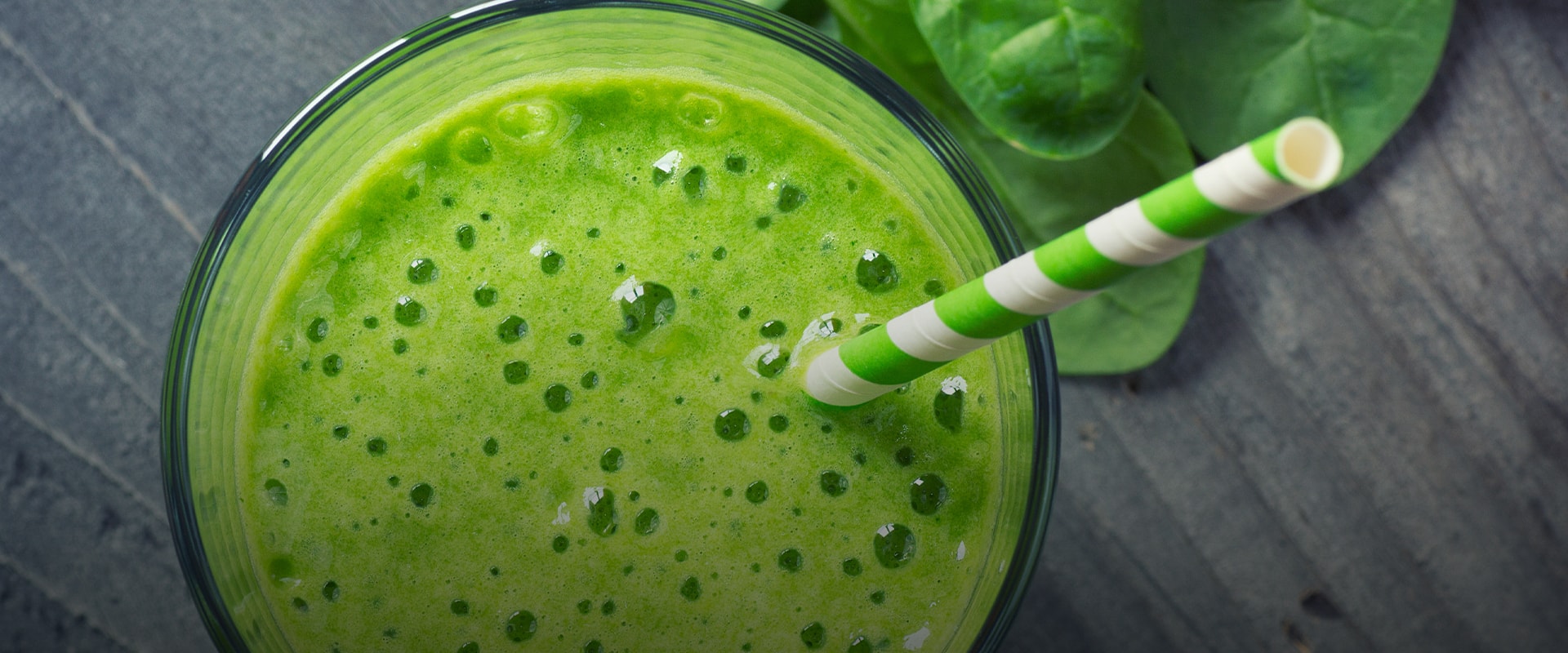
The Key Nutrients to Focus on for Healthy Aging
By Rachel Wilkinson
The Key Nutrients to Focus on for Healthy Aging
By Rachel Wilkinson
Older adults are huge targets for the nutrition industry, and they are spending money on supplements such as vitamins, mineral and herbals at increasing rates. There are so many products and diet plans out there – it can be hard to figure out the real science!
A healthy diet, such as the Harvard Healthy Eating Plate method, helps reduce our risk of developing chronic diseases, including heart disease, hypertension and diabetes. Maintaining a healthy weight and participating in regular exercise are two key factors in adopting a healthy lifestyle.
While the current recommendation for protein intake remains 0.8 grams of protein per kilogram of body weight per day, more recent research points to this number being at least 1 gram/kg/day for older adults. It is normal to lose muscle mass as we age, however accelerated loss of muscle mass and function is referred to as sarcopenia. Sarcopenia is most common in older adults who are not physically active, and can lead to more falls, frailty, and overall functional decline. It is important to eat enough protein throughout the day and perform regular muscle strengthening activity to slow this muscle loss and maintain our functionality.
Calcium and Vitamin D are important at every age. Low calcium intake throughout life is associated with low bone mass and a higher rate of fracture. For adult males over 51 years of age, 1200 mg/day of calcium is needed. For adult females, the recommendation is 1000 mg/day from ages 51-70 and 1200 mg/day over 70 years of age. Great sources of calcium include milk, cheese, yogurt, cottage cheese, fortified cereals/oatmeal, canned salmon with bones, tofu with calcium, and soy or rice milk fortified with calcium. Vitamin D is needed in our diet to absorb calcium properly. The recommended intake of vitamin D is 600 IU (International Units) up to age 70, then 800 IU per day over 70 years of age. The best food sources of vitamin D include fatty fish, egg yolks, mushrooms, and fortified foods such as yogurt, cereal, and orange juice. We can also synthesize vitamin D from sunlight, though we tend to absorb less in northern latitudes. Before taking a supplement, ask your doctor to check your vitamin D level at your next appointment.
Vitamin B12 is necessary for brain function and several chemical reactions within the body. Our ability to absorb Vitamin B12 does decrease as we age, as well as with certain medications. Vegetarians tend to be at increased risk of vitamin B12 deficiency, as it is naturally present only in animal foods (though some non-animal packaged foods have been fortified with vitamin B12). Most people can still meet needs without a supplement as long as they eat enough vitamin B12-containing foods, such as seafood, meat, fortified cereals, eggs, nonfat plain yogurt, and fortified alternative milk products. The daily recommended intake is 2.4 micrograms per day.
Dietary fiber, both soluble and insoluble, are important for many reasons – such as improving digestion, decreasing blood sugar, controlling weight through improving satiety at meals, and lowering cholesterol. Recommended intake of dietary fiber for adults over 50 years old is 30 grams daily for men and 21 grams daily for women. Sources include legumes, vegetables, fruits, nuts, seeds, and whole grains.
The sensation of thirst may also decrease with age, making it extra difficult for older adults to stay hydrated. Adequate fluids are needed to regular body temperature, help with digestion, cushion organs/joints, maintain regular bowel movements, and remove toxins and wastes from the body. The Institute of Medicine recommends 104 ounces (13 cups) daily for men and 72 ounces (9 cups) daily for women. Choose water, tea, coffee, seltzer or sparkling water for most hydration, and remember to avoid sugar-sweetened beverages as much as possible.
If you are going to take a supplement, speak with your doctor and pharmacist to ensure that it will not negatively interact with any medications you may be taking. We tend to think “this supplement may not help but it can’t hurt!” when in reality, it could be detrimental. For example, the common medication warfarin (Coumadin) interacts with vitamin K, grapefruit, cranberry, fish oil, and several herbal supplements such as St. John’s Wort. It is very important to keep a detailed list of all supplements and review this at each medical appointment.
Choosing an overall healthy diet, and paying special attention to protein, calcium, vitamin D, vitamin B12, dietary fiber, and hydration will help us live longer, healthier, more active lives!

